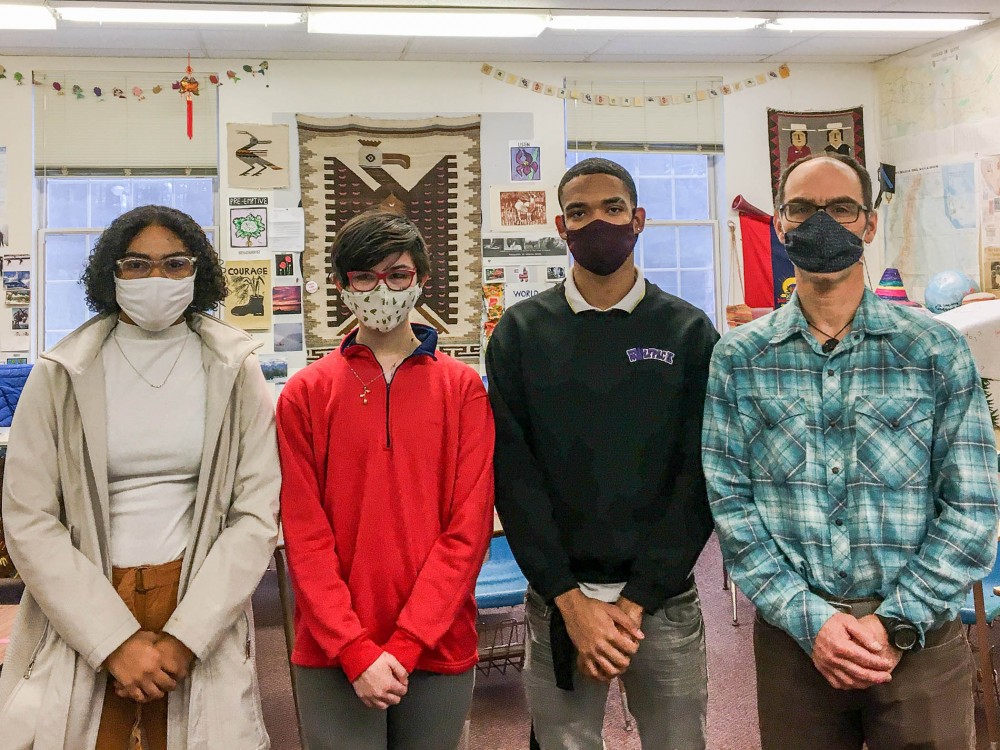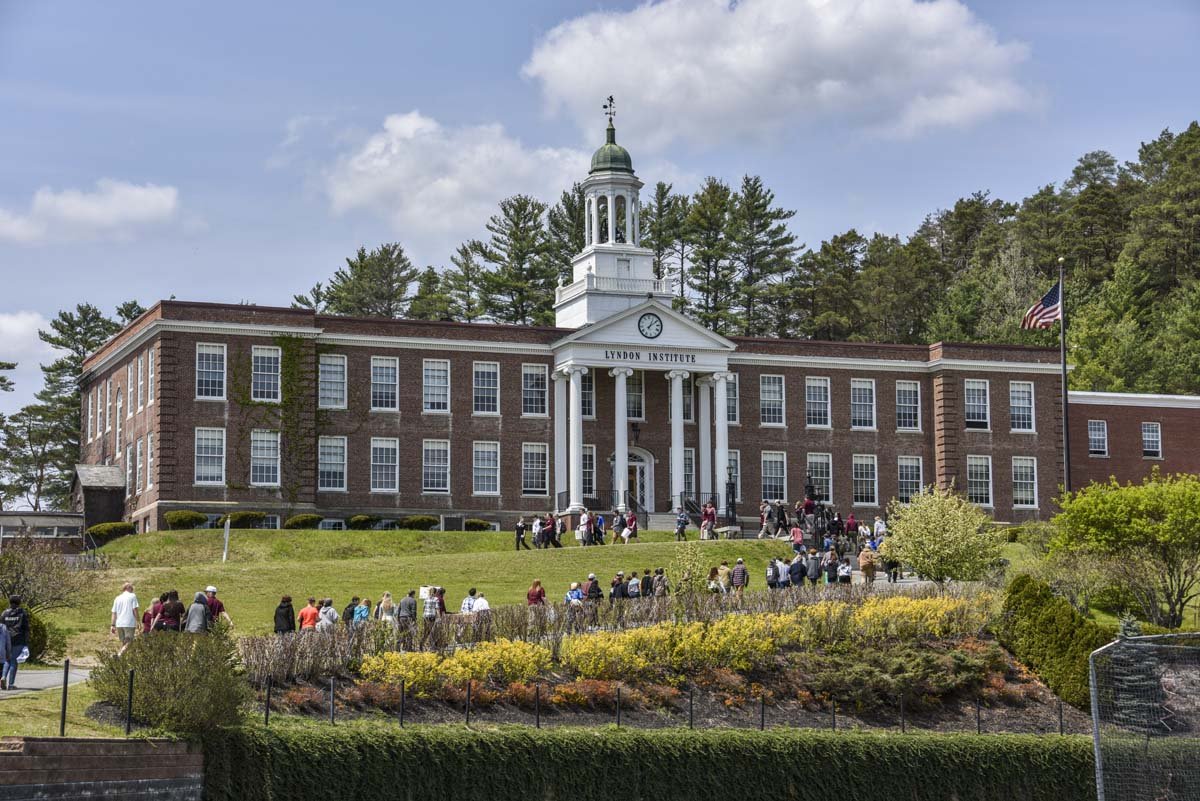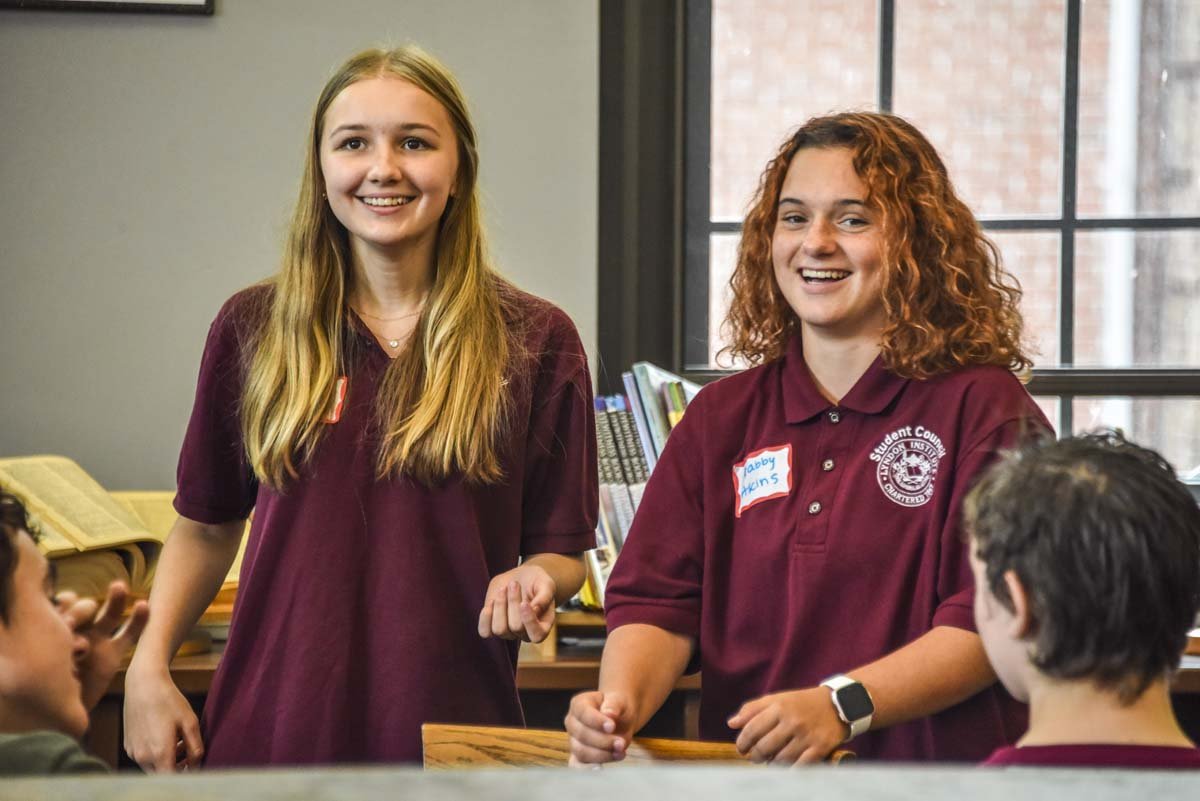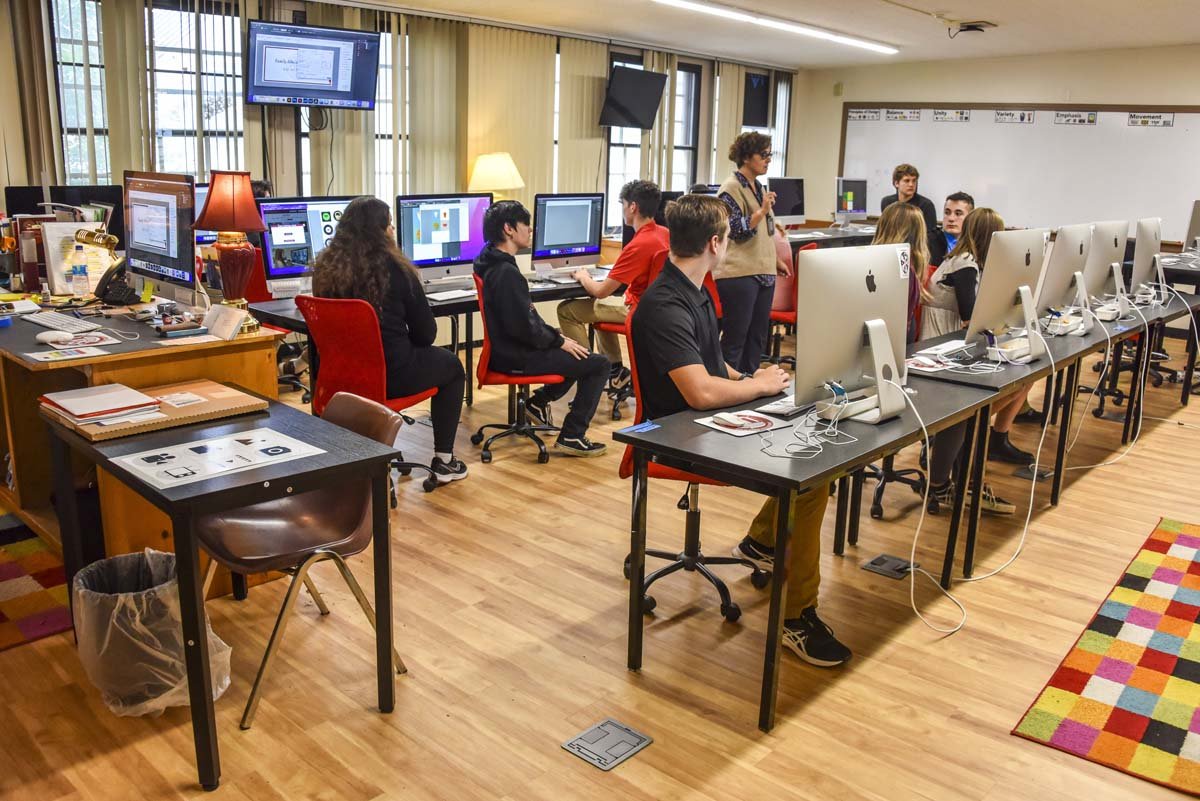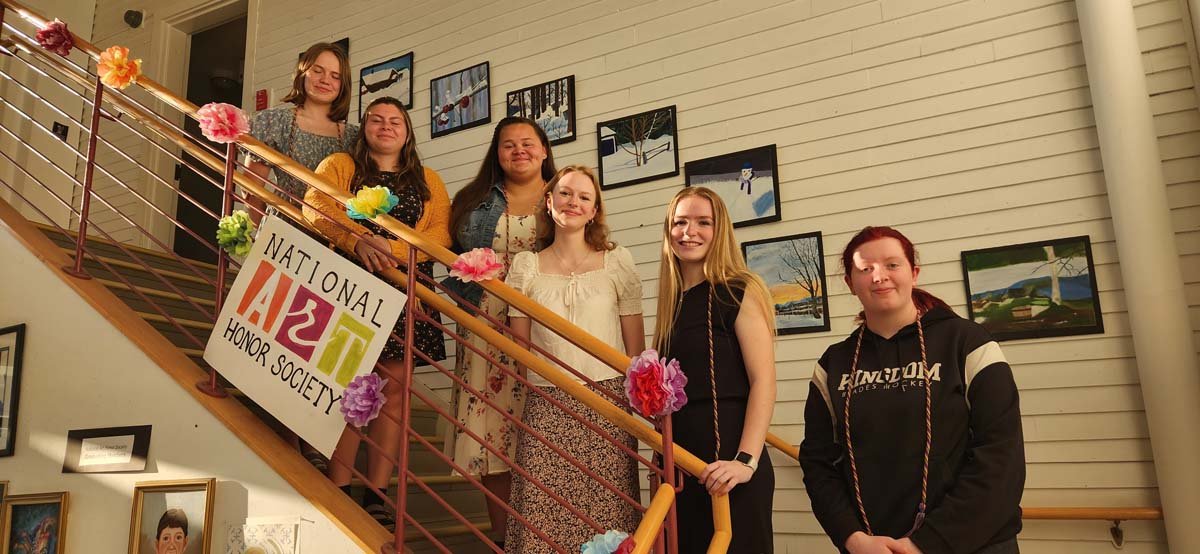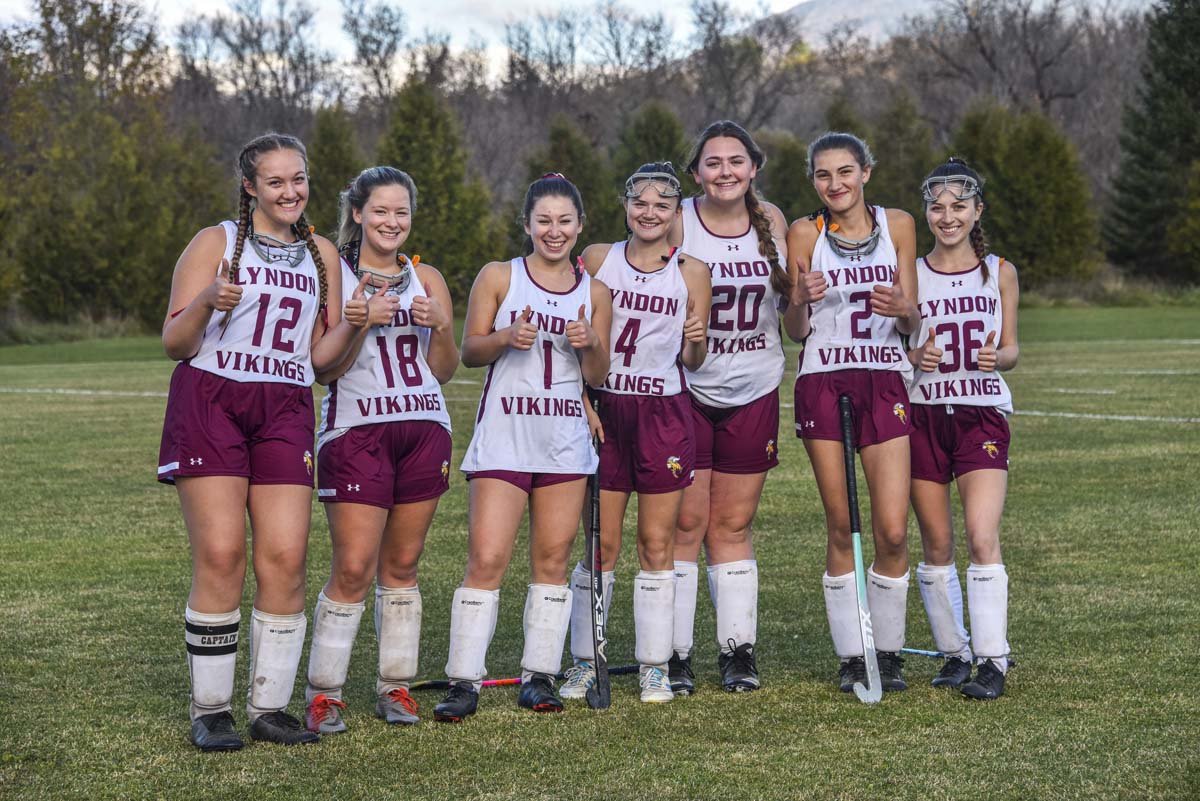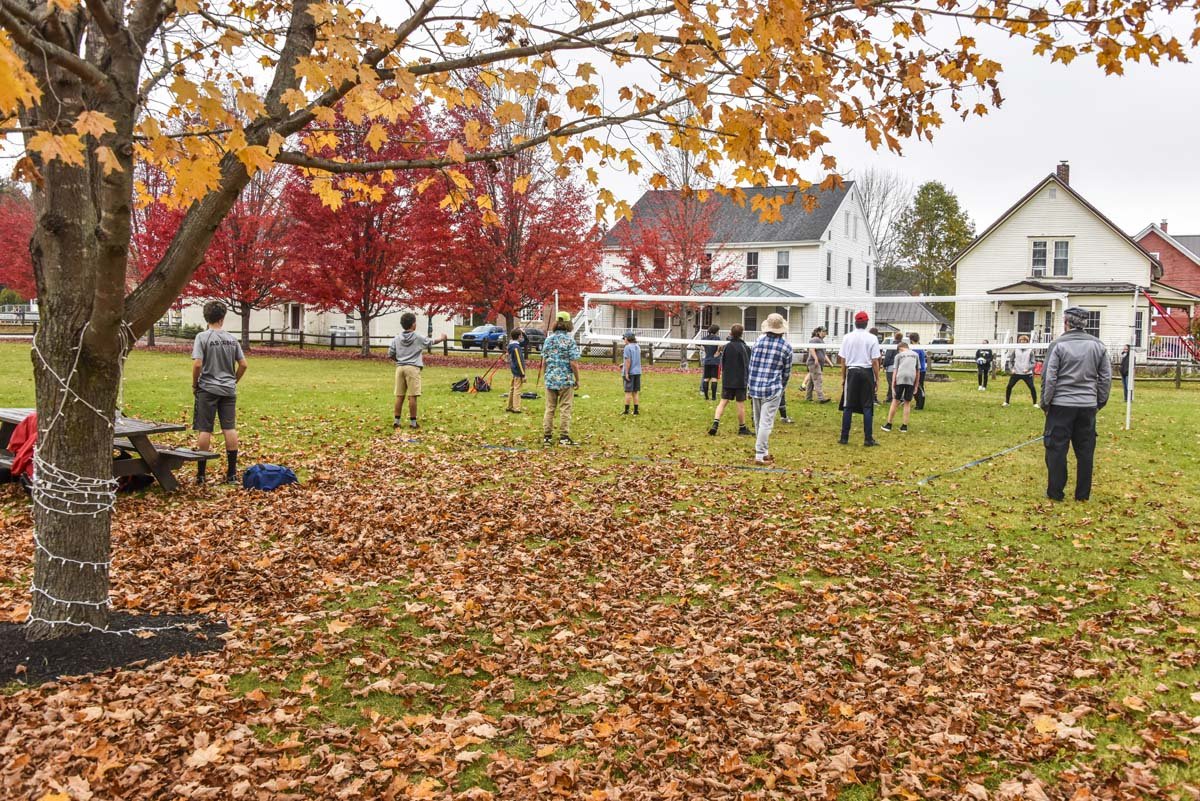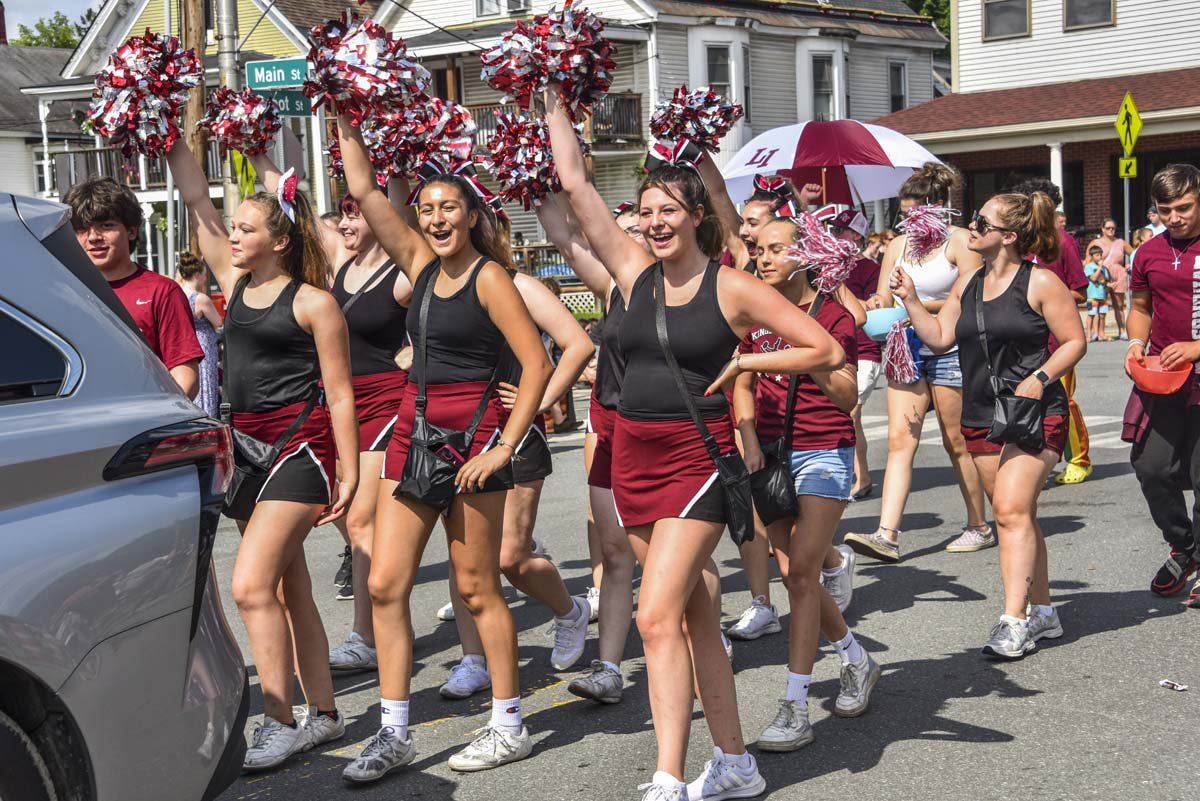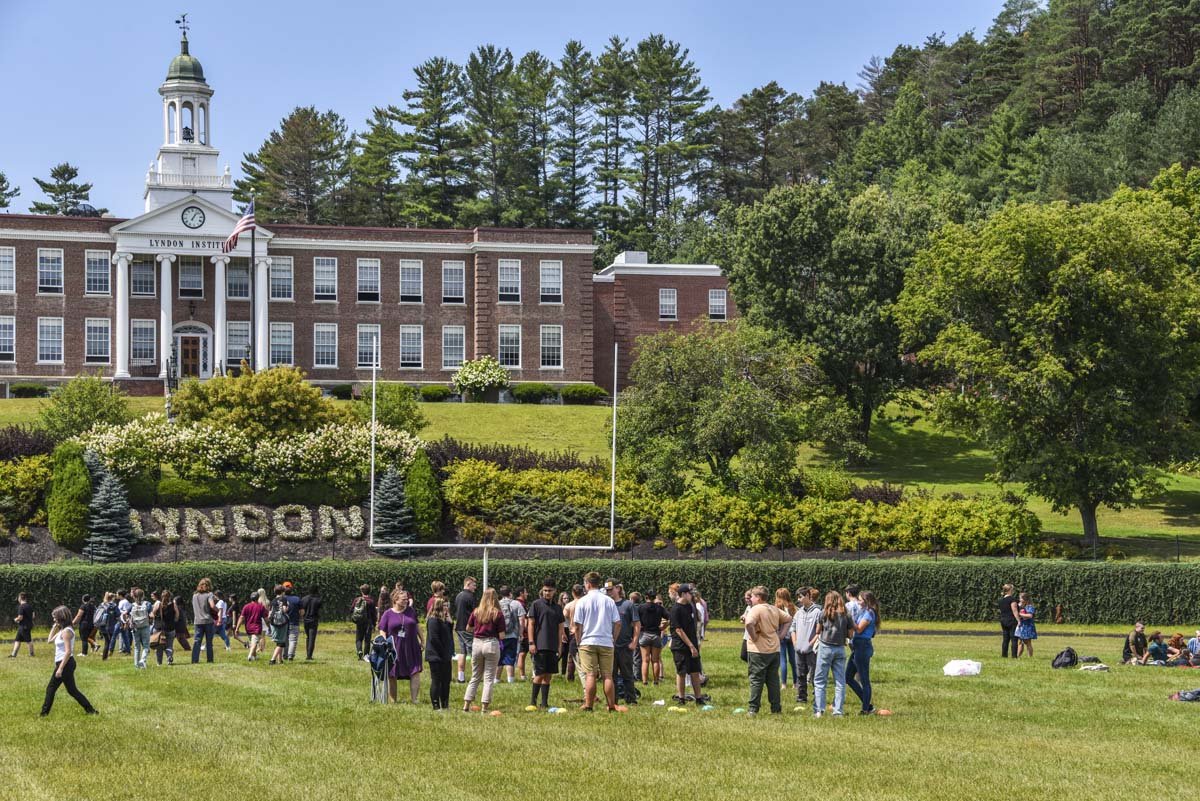- Our School
- Admissions
-
Academics
- Divisions and Faculty
- Commencement 2024
- January Term
- International Program (ESOL)
- College and Career Counseling
- Upward Bound
- Library/Monahan Academic Commons
- Career/Technical Education
- Lyndon Learning Collaborative
- Flexible Lyndon Institute Pathways (FLIP)
- Specialized Instruction
- Adult Continuing Education
- Lyndon Institute Course Catalog
- Student Services
- Arts
- Athletics
- Campus Life
- Support LI
- Alumni
« Back
Class Acts: Proyecto Entrevistas
January 19th, 2021
by David Stahler Jr.
The benefits of studying a world language are many. It broadens our horizons, helps us understand other cultures better, allows us to think in different patterns, and even helps us understand our own language better. But the ultimate goal of any world language class is communication. Communication that runs both ways, that not only allows students to understand others but express themselves, as well. And perhaps the ultimate thrill for a student is the opportunity to communicate with a native speaker in their language, to take all that work and study and turn it from theory into practice and forge a new bond in the process.
To that end, Lyndon Institute instructor Chris Manges caps his Spanish 4 class with a project called Entrevistas Con Nuestros Hispanohablantes (“Interviews With Our Spanish Speakers”). The project brings Manges’s students together with native Spanish speakers in the school—something Lyndon Institute’s boarding program has made possible over the last decade—and engage in a Spanish-only dialogue.
It begins with students in the class partnering up and developing a list of questions. The interview typically starts with straightforward biographical questions (“What is your name?”, “When is your birthday?”), then digs a little deeper (“What is your family like?”, “What religion do you practice?”, “What is your native city or country like?”) before going in whatever directions the students like. (“How do you feel about winter?” is a popular one.)
“I check in on the partners as they put their interview questions together,” Manges said. “But for the most part I try not to interfere. I like to see where they’ll take the discussion and have it be as organic as possible. They usually end up asking more questions on the fly as the interview unfolds.”
Once the questions are compiled, partners sit down with their Spanish-speaking peers and apply all they’ve learned through their studies. This is the hardest part, at least at first.
“Is it intimidating to have a conversation with a native speaker?” I asked Kaidin, who goes by the name Estrella in class. For Kaidin, whose father has Puerto Rican roots and grew up hearing Spanish from time to time, it’s not quite as hard, but it’s still a challenge.
“A little,” they said. “You don’t want to sound dumb. But I just go for it.” Mostly, Kaidin appreciates the opportunity to put their skills into practice. “I learned I was better than I thought I was!” According to Manges, this is a common reaction students have coming out of the interviews.
For some of the school’s native Spanish speakers, many of whom initially came to LI with limited English skills and for whom English is a foreign language, it’s fun being on the other side of the experience.
“They know what it’s like to not necessarily be comfortable speaking with someone in a foreign language,” Manges said. “That’s in part why they’re so supportive and complimentary, which gives the students a real boost of confidence in their skills and makes speaking even easier.”
That confidence helps get them through the difficult moments. “If they don’t understand something, each party asks the other to try again,” Manges said. “The experience helps reinforce strategies for when my students get stuck. They learn to try different approaches.”
What Manges appreciates most about the project besides its academic value is its cultural benefit. “It’s a great way to break down barriers between our local and international students.”
While the barriers aren’t necessarily hard to break down, the opportunities this year have been more limited. Due to the pandemic’s impact on the school’s boarding program, many of the native Spanish-speaking students, including those directly from Spain, who would normally be on campus this year are absent.
Fortunately, several boarding students from the Bahamas happen to be bilingual and have been more than willing to step up. The project has also benefited from the recent arrival of a pair of siblings who moved to the Northeast Kingdom from Cuba and settled in Lyndonville.
I spoke with Diosan Perez who, with his sister Diosalva, came to LI last winter knowing very little English. Now, nearly a year later, he’s able to converse with surprising comfort. When I asked about his interview with Kaidin and Toby (aka “Raphael”), his face lit up.
“It was great! Just to be able to speak Spanish for ninety minutes with other kids. It feels like home and reminds me of my culture.”
He said he’d gotten so used to speaking English that the change was refreshing. He, too, was complimentary of his interviewers. “I went slow and tried to speak more standard Spanish. But otherwise their Spanish is really good! They impressed me a lot.”
I asked him what they discussed. “We talked a lot about the weather!” he said. “It’s a lot different in Cuba. Also food and other things about home. We talked about friendship and differences in culture. Where I come from, friends are much more physical when they are with each other, always hugging and holding hands,” he added with a laugh.
The project’s final act comes once the interview is over. Students take their notes and recordings and write up a biography of their subjects in Spanish; taking second person questions and first person answers and recasting everything in the third person adds one final wrinkle. This is followed with a debriefing, where classmates gather to review each other’s interviews, chat about the experience, and analyze the differences that emerged between various interviewers and subjects with different backgrounds.
For Manges’s students, the thrill of using their language skills at the end of so many years of study can be at turns both humbling and empowering. But when it comes to breaking down barriers between people, culture, and nations, the two go hand in hand.
Photo Caption: Lyndon Institute students (left to right) sophomore Diosalva Diaz Trujillo, senior Kaidin Aviles, and senior Diosan Diaz Perez are pictured here with Spanish instructor Chris Manges (far right). These students took part in a Spanish 4 project called Entrevistas Con Nuestros Hispanohablantes (“Interviews With Our Spanish Speakers”). This project brings Mr. Manges’s students together with native Spanish speakers in the school to engage in a Spanish-only dialogue.
Posted in the category Front Page.

